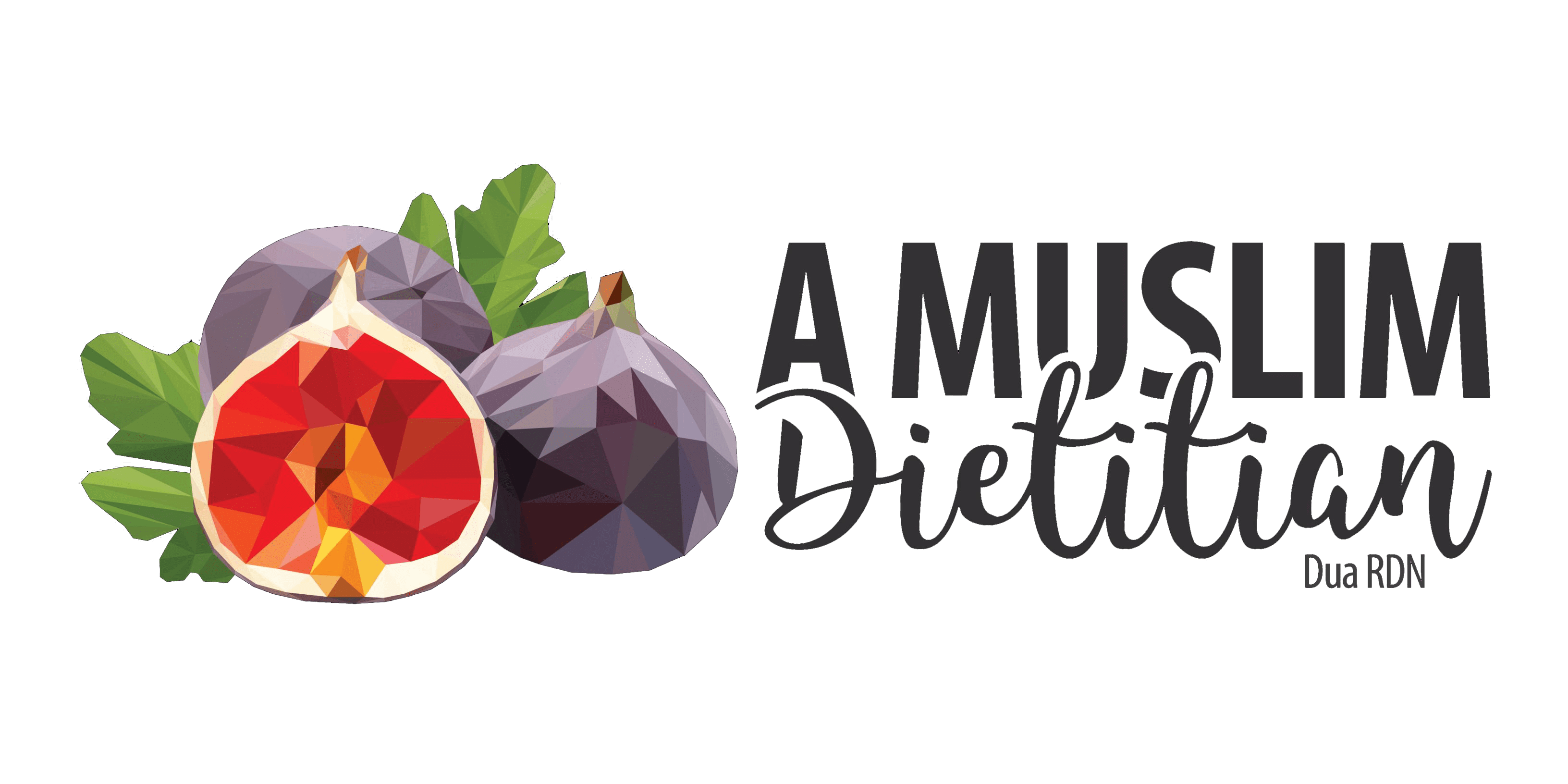“Cures all bloating, nausea, headaches, fatigue, cancer, diabetes, heart disease, liver cirrhosis, and death”
Have you ever seen such claims? Ok, this one might be slightly exaggerated but I’m sure you’ve seen countless nutrition claims.
This food is a cure all, that food is the cause of death, this multivitamin will allow you to see Pluto with your bare eye, that probiotic will give you great hair. I think you get the picture. There is a ton of information out there and it is becoming increasingly difficult to really navigate through it all. I understand, sometimes I have to do a bit of digging to figure it out myself. But, I put together a few points that you can at least use as a starting point.
Number 1 – Credentials, Credentials, Credentials.
This is a great starting point in assessing a claim – who is saying it and what are they basing it on? If it’s your neighbor that has zero health and nutrition background, feel free and be confident in investigating the claim further. Ask for the source! It’s ok to be wary.
You’ve probably heard me talk about this before (along with many dietitians) but it’s worth reiterating: every dietitian is a nutritionist but not every nutritionist is a dietitian. If the claim comes from a nutritionist, do not hesitate to get further clarification. A nutritionist may be highly qualified like a research nurse with a specialization in nutrition but may also be the paper boy down the street.
Also, just because someone is a physician, pharmacist, or nurse (without specializing or focusing on nutrition) it does not mean they truly know nutrition. There is a reason dietitians are part of the clinical team – they are the nutrition experts of the health field.
Number 2 – Money Talks.
Follow the money trail. This is incredibly important. If the person has the proper credentials to talk nutrition but is financially vested in whatever they are promoting >> be wary. In the same manner money can affect how celebrities promote certain products or brands over others, health professionals are not immune. Money has that influence. The individual may still be well-intentioned but a bias can exist as they have a personal benefit invested in their claim, it can create a conflict of interest.
In the research setting all researchers are REQUIRED to divulge any financial investments in their research which could include receiving funds from a drug they are testing or the competition of such drug, being a representative of a company, or any other number of manners. Disclosing these ties helps prevent hidden biases.
It’s impossible to remove all personal biases as our lives and experiences shape the lenses that we view the world through. But that doesn’t mean we can’t be aware of people’s biases, especially financial ones.
Number 3 – Generalizations, Quick Fixes, Miracles.
As cliche as this sounds, if something sounds too good to be true, it probably is. Especially when it comes to your health and nutrition. Shortcuts just don’t work when it comes to the body. The body does not want to lose weight, we love great taste (i.e. sugar), and we are averse to change.
Healthy weight loss requires work, commitment, and patience. Lots of patience because weight loss takes time, making changes takes time, and seeing results takes time. Losing 1-2 pounds per week is considered a healthy and sustainable way to lose weight so if a diet or supplement claim 30 pounds lost in 30 days >> be wary. It is possible to lose weight that fast but it is not healthy and it is not sustainable. Healthy weight loss takes time. Also, the hardest part of weight loss, is the maintenance period and if your weight loss is not coupled with sustainable lifestyle changes – then the weight will not stay off.
Generalizations is a very important point to pay attention to. If something claims that every problem you have is related to one tiny imbalance in the body, again >> be wary!
Now put them all together. These three points are a great starting point but of course some claims are still harder to decipher than others. Feel free to reach out in the comments, via email (dua@duardn.com), text (314-833-9694), Instagram (@duardn), or Facebook (/duardn).
